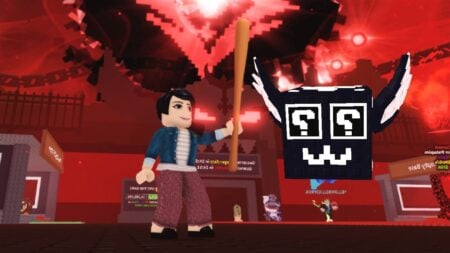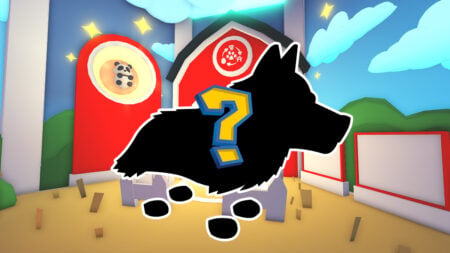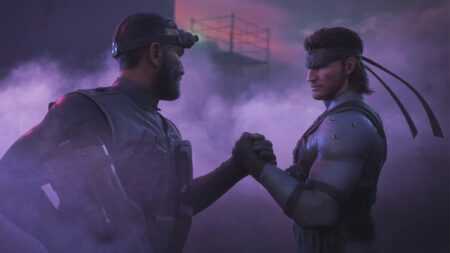In the gaming world, many people consider that some franchises should never be touched, and if they are, they should be with caution. One of those is the Lord of the Rings. Throughout its history, at least in the gaming world, we have had many ups and downs, more of the latter, unfortunately. Of the good ones, we have Shadows of Mordor and The Two Towers beat ’em up games. Of the bad ones, we have Aragorn’s Quest and the recent Gollum game. And now, with Return to Moria, many of us wonder: is this the game that the Lord of the Rings saga needs?
Return to Moria is the Lord of the Rings Game We’ve Been Waiting For

In short, yes. Return to Moria is the game that Lords of the Ring needed, at least after the terrible taste that Gollum left in our mouths. But why? There are many reasons. For starters, the universe of games in this franchise has stagnated since the release of Shadow of War. It was a great game hampered by predatory loot box mechanics that were eventually removed. The Nemesis system was a revolutionary feature, but that series has gone dormant for years. Later, Gollum tried to take an iconic character and give more depth to his disappointing story. So why does Return to Moria work so well?
An Excellent Game That Doesn’t Rely on Existing Characters

On many occasions, what can make a game of an existing universe fall apart is to rely too much on previous characters. Case and example, Gollum. When he’s already established, why add more to him? But Shadow of Mordor works because it takes some characters that already exist, but it’s not the focus. That’s why Talion’s story works so well.
The same goes for Return to Moria. Even though John Rhys-Davies plays Gimli, he’s not the star. He is the catalyst that moves the adventure along at the beginning, but you are your character. You decide which clan you come from. You have your objective, but why do you fulfill it? Fame? Gold? Recognition? It is an original story set with something we’re familiar with but doesn’t rely on it entirely.
A Genre Fit for this Universe

Let’s look at the history of the games of this franchise. We will almost always find action-adventure titles, with some exceptions, such as attempts at tactical combat and, of course, LEGO adventures, which have characteristic elements. But in itself, almost all the games have followed the mold, and for one thing, it is understandable. In the end, in the movies, the most impressive were the fights. But there was another thing that fans liked: the exploration.
In the Lord of the Rings or The Hobbit films, my favorite moment was seeing our heroes arrive in a new city or area. Seeing the plains of Rohan and hearing the echoes in the caves of Misty Mountain. While the games did feature such locations, it was never their focus. The discovery, and therefore the exploration, didn’t stand out as much. But here it does. In Return to Moria, we can finally feel what it’s like to enter the caves of Khazad-dûm and feel like The Fellowship when they took their first steps. Or the fact of opening the Elven Quarter and feeling that we are seeing a tiny part of Rivendell.
Is This the Direction All LOTR Games Should Take?

For now, it may be too early to decide if Return to Moria is the style and genre that Lord of the Rings games need. Yes, it works. You have an original character in a universe that already exists, but it doesn’t try to bombard you with information from the books or other games. It’s a game that anyone can experience and not feel overwhelmed. In the case of Return to Moria, they are on the right track.
Seeing developers experimenting with new things from existing franchises should continue to happen. We’ve seen it in other media like The Mandalorian. Even though it now needs old characters, in its first seasons, it was perfect. The same should happen with Lord of the Rings. Give the right amount of easter eggs and nostalgia, but don’t alienate your potential audience for fear of not understanding you. If developers keep thinking like this, we could enter a new golden age of video games based on book and movie universes. And for our part, we’re excited to see what’s in store.







